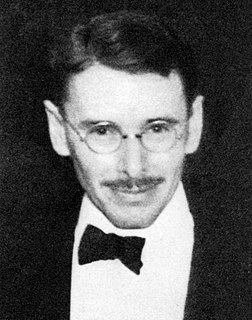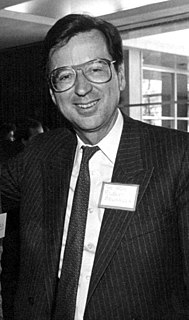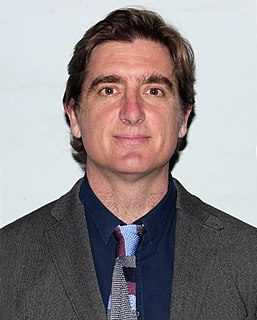A Quote by Marya Mannes
Human progress had so often been checked by those who were afraid of losing what they had.
Related Quotes
Those women who had gone out with Germans were grabbed and treated very badly, often shaved totally bald so that everyone could see who they were. Some were taken prisoners. There had been so much suffering during the war because of the betrayal of those collaborators, so many killed and hurt because of what they had done to families, that the mood for revenge against the traitors was very high. It was not right, but it was understandable.
Every time the phone rang, my heart jumped. Was it Alexander? And when it wasn't him my heart would break into a million pieces. It had been two longs days since I had seen my Gothic mate. I was so preoccupied with Alexander, dreaming of the next time we'd be together, nothing else mattered. I didn't wash the spot where his tender love lips had pressed against my flesh. I was acting like I was straight out of a Gidget movie! What had happened to me? I was losing my edge! For the first time in my life I was really afraid. Afraid of never seeing him again and afraid of being rejected.
Standing on the bridge, looking across at that empty city, everything in the compass of my gaze had been set there by a human hand. Somehow those pylons had been strung with wire, and those towers raised, and roofs tiled. There had been food and drink for millions of mouths. I don't cry easy, but my vision blurred as I stared on the ruins of what we had been, and I watched the small band of men in rags move toward it to pick at it like birds on the carcass of some giant.
I think for some people who leave Westboro, losing that sense of specialness feels like you've lost something really valuable and important. I had the opposite experience. I was so grateful to know that I wasn't uniquely evil. I was just a human being who had had this set of experiences that were outside of my control.
The role of Ronald Reagan had been deliberately diminished; the role of the Europeans, who, with the exception of Helmet Kohl, were often keen to undermine America when it mattered, had been sanitized; and the role of Mr. Gorbachev, who had failed spectacularly in his declared objective of saving communism and the Soviet Union, had been absurdly misunderstood.
Woodfall wasn't deliberately telling working-class stories, but John Osborne and other writers who were involved with them were writing those stories, which had never really been written before. The working-class person always had to have an accent before, was often a joker, and peripheral. At Woodfall, they were driving the film.
I had been reading a lot of pilots. It was pilot season and I had decided, in my mind, that I wanted to do another show, but the bar had already been set so high, having working on Mad Men and Community, that I was really particular. I was looking for something really specific, but I didn't even know exactly what that was. When I read 'Glow', it just checked every box.

































